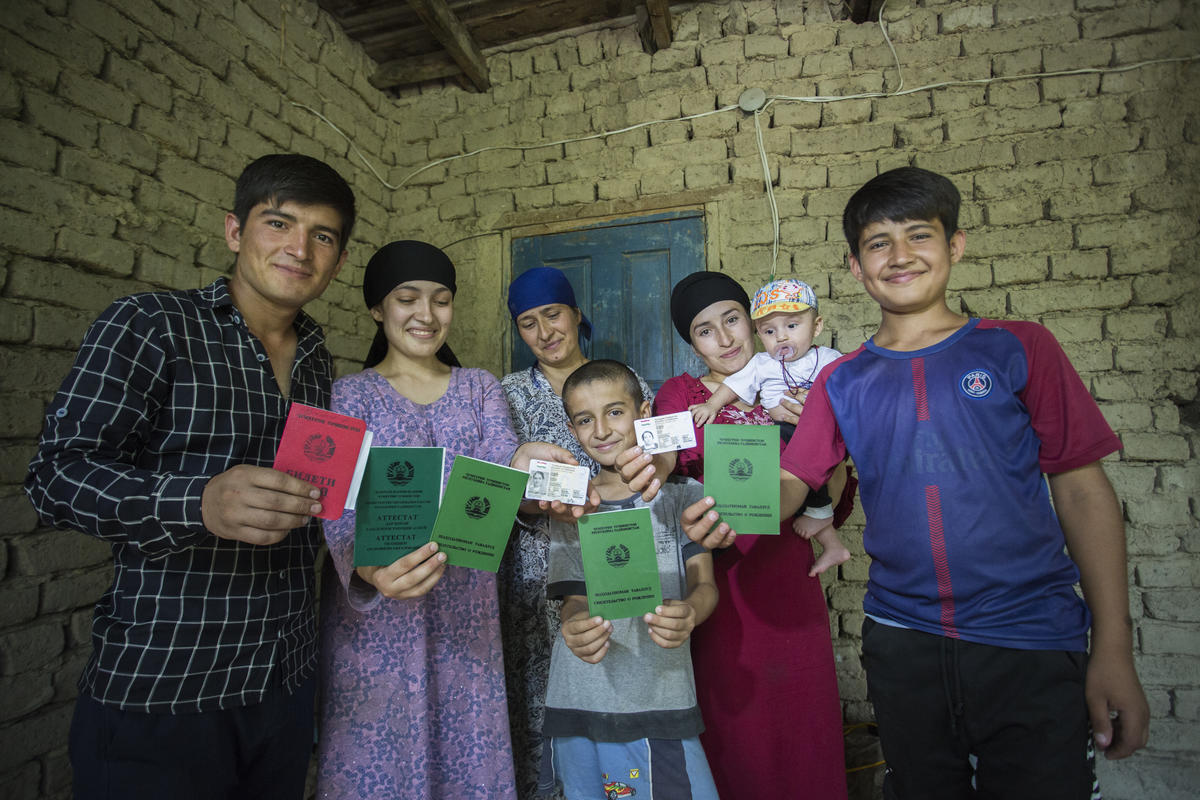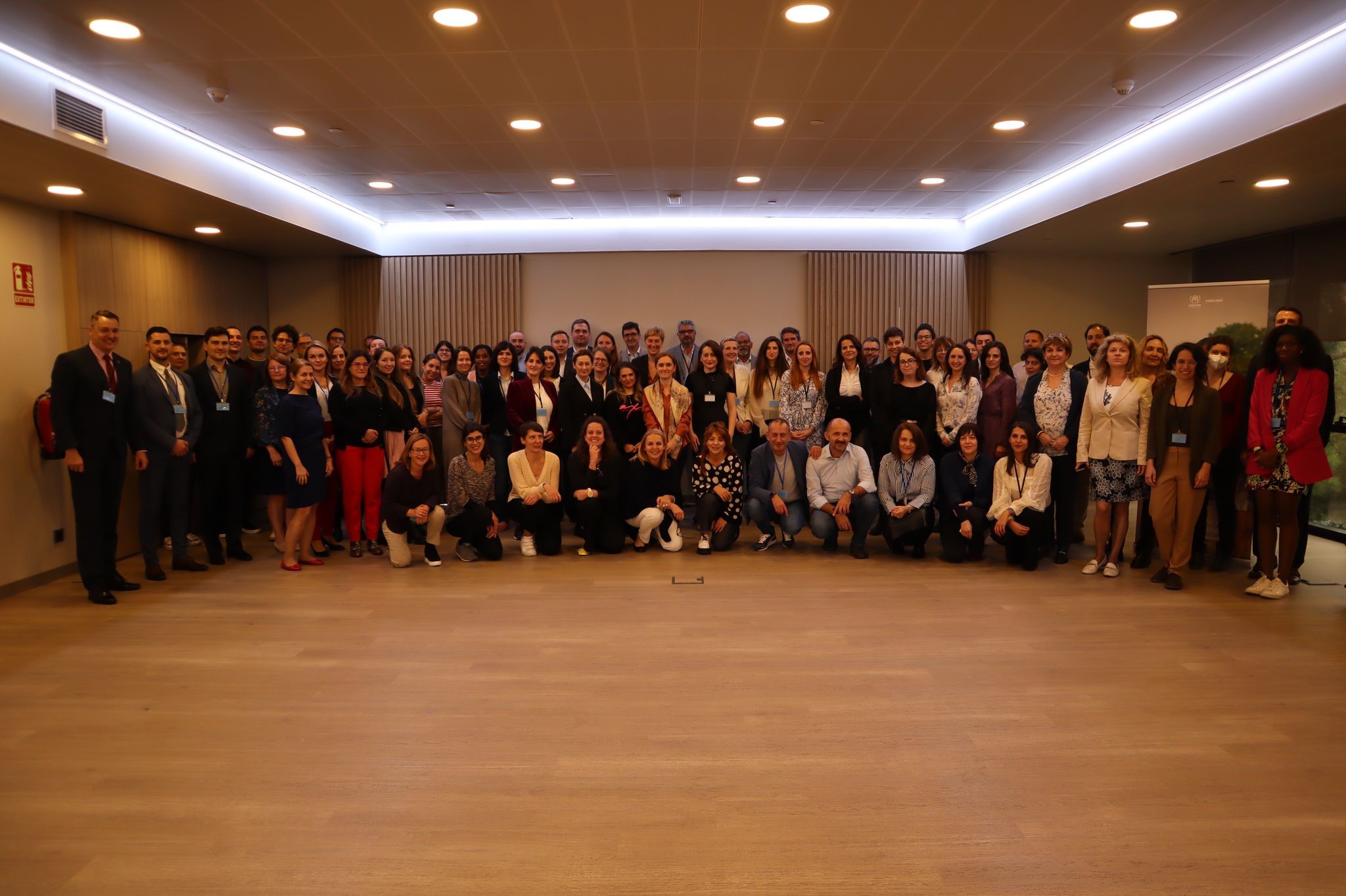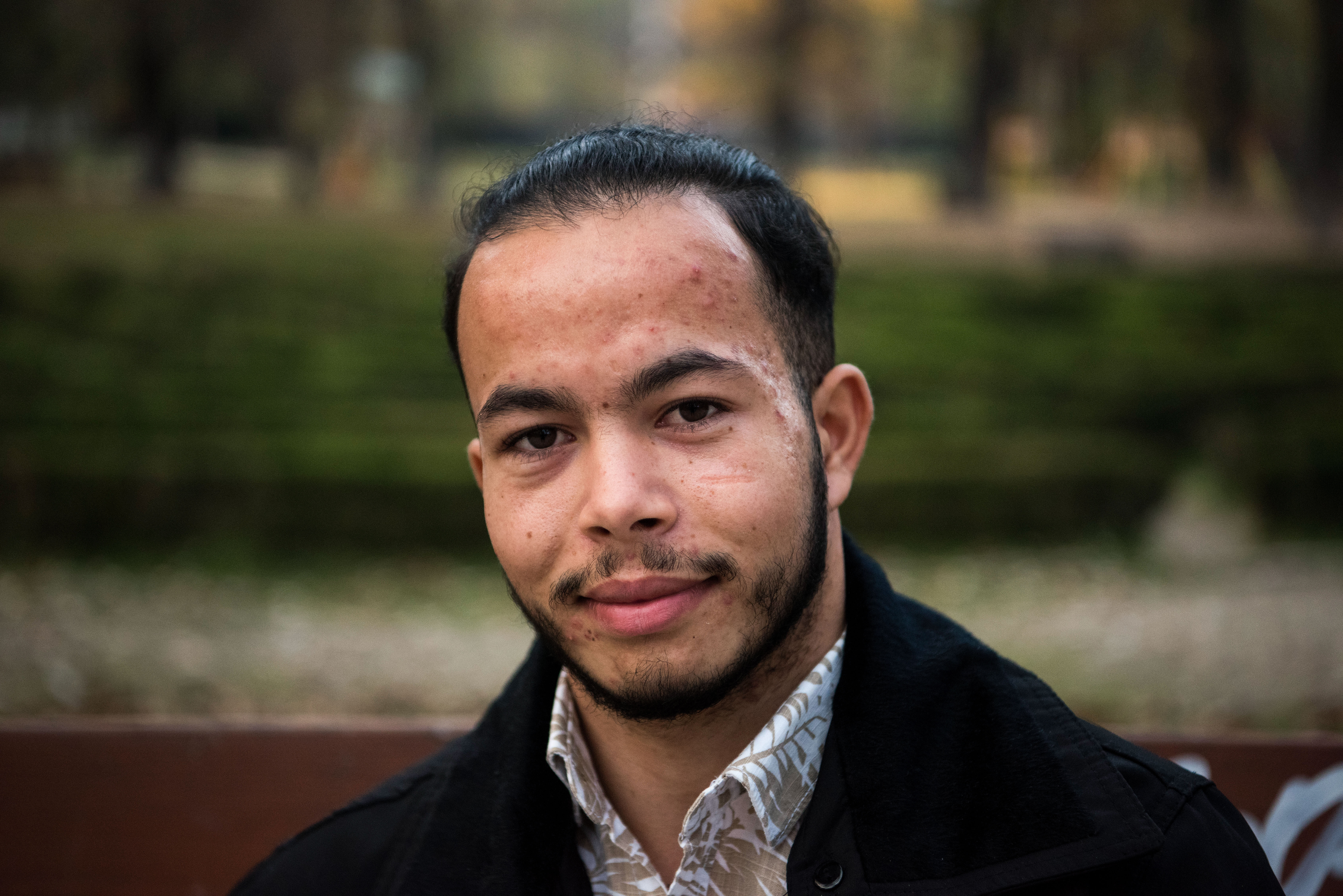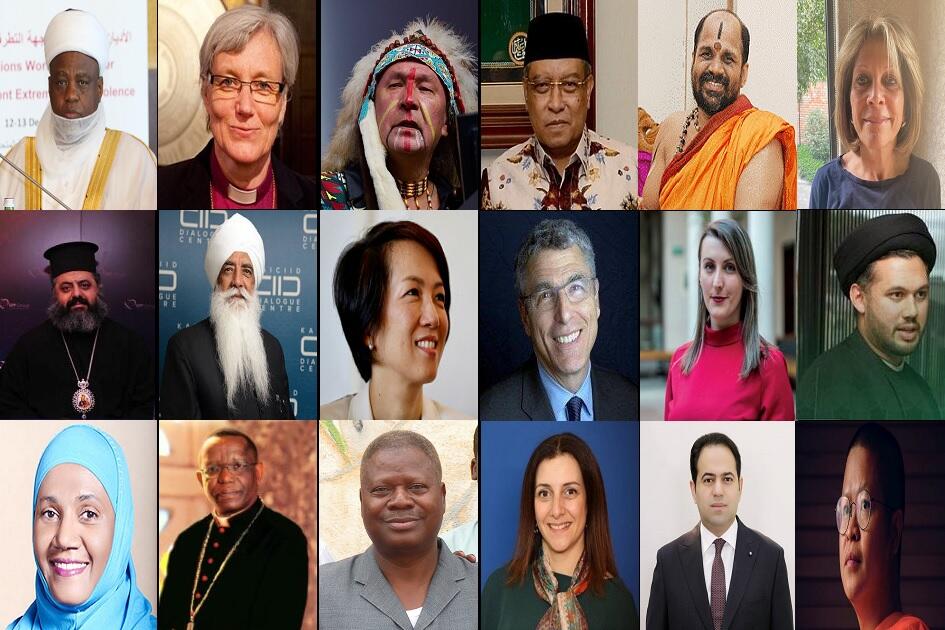Statelessness: UNHCR urges Britain to ensure rights of the stateless
Statelessness: UNHCR urges Britain to ensure rights of the stateless

LONDON, United Kingdom, November 24 (UNHCR) - The UN refugee agency has called on the British government to do more to help stateless people in the United Kingdom and to ensure that their human rights are respected.
"Although statelessness is a global problem, it appears in the UK as well," Roland Schilling, UNHCR's representative to Britain, said earlier this week in London at the launch of the landmark new report, "Mapping Statelessness in the UK."
Schilling called upon the UK government "to address the challenge of statelessness and to ensure that the human rights of stateless people on UK territory are not infringed."
Although the exact number of stateless people in the UK is not known, about 200 people each year are recorded as stateless. Those who are not granted any kind of status are left in limbo, with no right to stay in the UK and no other country to which they can return. "This report maps their situation and recommends practical steps on how to find a solution for them," Schilling said.
Conducted by UNHCR and the British charity Asylum Aid to mark the 50th anniversary of the 1961 Convention on the Reduction of Statelessness, the report looks at the number and situation of stateless people living in the UK and recommends legal solutions to the plight of the stateless.
UNHCR and Asylum Aid interviewed many stateless people who were forced to live on the street, with no accommodation and no right to remain in the UK, but with no other country to which they can turn for help. The research also uncovered stateless people who had been held in detention for months or separated from their spouses and children for many years - in some cases, for more than a decade.
The report includes the voices of stateless people such as Tauy from Belarus, a government critic who came to the UK in 2002 and claimed asylum without success. The 59-year-old had exhausted his appeal rights by 2005, but he could not even leave the country because he could not establish entitlement to Belarusian or any other nationality.
"Give me a travel document and I will leave immediately - you will not see me again. If I am undesirable here, then okay but allow me to go out," he told interviewers. "I am stateless."
The report finds that the stateless live at daily risk of human rights infringements. Many are trapped in a nightmarish legal limbo from which there is currently no escape. Being stateless is likened by one interviewee to being "a bird with nowhere to rest on the ground, but which can't spend his whole life in the sky."
The human cost of statelessness is immense. Tauy has not seen his four children for more than 10 years. "My life started in the Soviet gulag and now I have ended up stuck in this gulag," he said.
UNHCR, which has a mandate to protect the stateless, estimates that there are up to 12 million stateless people in the world. The refugee agency in August launched a global campaign to promote action against the scourge of statelessness and to encourage more states to accede to the two UN statelessness Conventions.
"These people are in desperate need of help because they live in a nightmarish legal limbo," High Commissioner for Refugees António Guterres said at the time. The problem is particularly acute in Southeast Asia, Central Asia, Eastern Europe and the Middle East.
Because stateless people are technically not citizens of any country, they are often denied basic rights and access to employment, housing, education, and health care. They may not be able to own property, open a bank account, get married legally, or register the birth of a child. Some face long periods of detention, because they cannot prove who they are or where they come from.
"Mapping Statelessness" is the first research of its kind to ascertain the extent of the problem in the UK. The report launch is accompanied by a photographic exhibition by award-winning photographer Greg Constantine, "Nowhere People: the Global Face of Statelessness," which will be shown at London's Royal Albert Hall until December 5.
By Laura Padoan, London, United Kingdom








